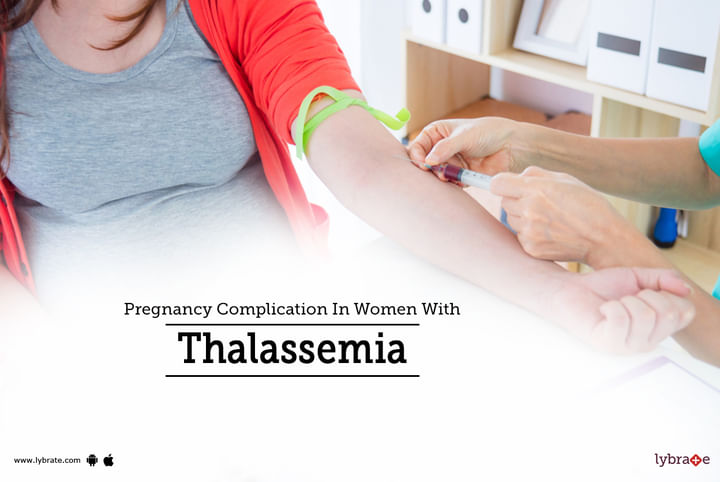Pregnancy Complication In Women With Thalessemia
Thalassemia is a set of blood disorders characterized by abnormal hemoglobin synthesis. If you have thalassemia and are thinking about getting pregnant, there are a few things to keep in mind for both you and your unborn child's health. Thalassemias are a set of hereditary blood illnesses in which normal hemoglobin synthesis in red blood cells is reduced. Hemoglobin is a protein that distributes oxygen throughout the body and is carried by red blood cells. A reduction in hemoglobin levels in the blood causes anemia.
Depending on whether the protein chain of the hemoglobin molecule is missing in the red blood cells, there are two forms of thalassemia: alpha thalassemia and beta-thalassemia.
Patients with thalassemia who need blood transfusions are more likely to become infertile. Some women with the condition, however, are able to conceive.
Precautions For The Baby's Health
Your child is at risk of inheriting the disease if you have thalassemia and your partner contains the thalassemia gene. A genetic counselor can discuss the dangers with you and your spouse and suggest testing alternatives to see if your unborn child is at risk.
Concerns For The Mother's Health
Pregnancy stress may aggravate thalassemia symptoms. During pregnancy, the mother's heart and liver, as well as the endocrine system, which secretes hormones in the body, are all particularly sensitive. Before and during pregnancy, each of these systems must be checked on a regular basis.
The volume of blood in the mother's body increases dramatically during pregnancy. This can cause anemia, which increases the need for blood transfusions while also making the heart work harder to pump blood to all of the body's tissues. The increased blood volume in the mother's body increases the amount of work the heart needs to accomplish. As a result, thalassemia patients should have their heart function tested before getting pregnant. To lessen the amount of stress on the heart, they may need regular blood transfusions during the pregnancy.
The risk of acquiring type 1 diabetes is higher in those who have thalassemia. Pregnancy stress might aggravate this issue. Before and throughout pregnancy, diabetes must be adequately managed.
Folic acid is necessary throughout the first few weeks of a normal pregnancy, and the same is true for women with thalassemia. Folic acid can reduce the mother's risk of having megaloblastic anemia, a rare kind of anemia, in addition to preventing neural tube defects in the developing kid. Depending on your doctor's advice, additional nutrients and supplements may be required.



+1.svg)
